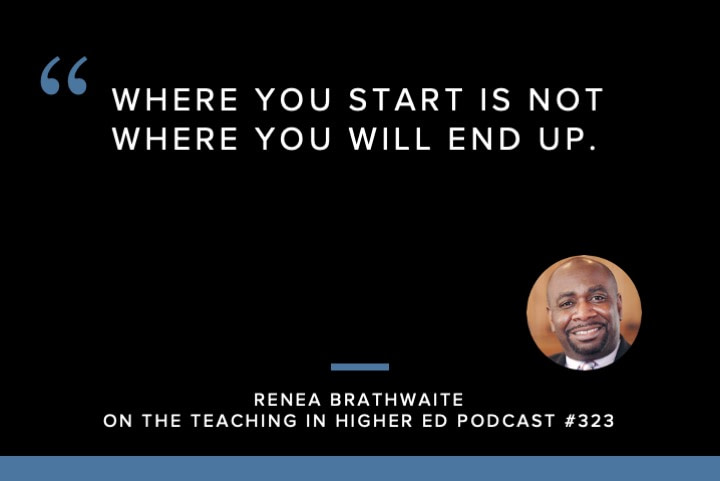Episode: 133. Galileo and the Science Deniers – with Dr. Mario Livio
Pub date: 2020-05-14

Four hundred years ago, Galileo Galilei knelt before a group of Cardinals of the Catholic Church and was forced to recant his heretical belief that the Earth revolves around the sun.
“This must have been horrific for him,” says Dr. Mario Livio, author of a new biography titled Galileo and the Science Deniers. “To basically disavow everything he strongly believed in as a scientist.”
This week on the show, we talk with Dr. Livio about Galileo’s life and struggles, and what his experience can teach us about the science deniers living in our own time.
Finding the Center
Galileo was an Italian astronomer, physicist, and polymath who lived and studied in Italy around the turn of the seventeenth century.
He may be best known for an experiment that he probably didn’t actually do – the apocryphal tale of Galileo dropping different objects off the side of the Leaning Tower of Pisa to see how they would accelerate.
But Galileo’s astronomical observations, and the conflict they produced, take center stage in Dr. Livio’s new book. It’s a story that surprisingly few people have heard.
“Galileo is one of the most fascinating personalities in history. While everybody has heard about Galileo, I discovered that very few people actually know exactly what happened to him,” Livio recalls.
Dr. Mario Livio, author of Galileo and the Science Deniers
The book begins as a straightforward biography, describing Galileo’s early years, studying and teaching at Universities around Italy. But as the chapters progress, the reader begins to pick up on the faint but steady drumbeat of Galileo’s impending battle.
Dr. Livio sets the stage: “Aristotle and Ptolemy had a geocentric model of the solar system, in which the Earth was at the center and everything else revolved around the Earth. And the Catholic Church, over the years, adopted this particular model as its orthodoxy.”
“Copernicus changed that by suggesting that the sun is actually at the center, and the Earth and all the other planets revolve around the sun. And that’s where Galileo enters the scene.”
The book describes Galileo’s astronomical observations that built a case for the heliocentric model of Copernicus. The reader gets to follow along on this path of discovery, observing Galileo as he observes the Phases of Venus, or spots circling the sun, and draws new conclusions about the position of our planet in the solar system.
The Road to Rome
But inevitably, Galileo’s research and writings come to the attention of the Church, and his trajectory is locked on a path toward conflict with Pope Urban VIII.
Through a series of Papal threats, legal injunctions, and a three-phase trial that reads like the script of an episode of Law & Order, Galileo is found “vehemently suspect of heresy” for asserting that the Earth revolves around the sun.
He must choose between recanting these views or being labeled a heretic – a title that would lead to his torture and death.
Nearing seventy years of age,
The podcast and artwork embedded on this page are from Joshua Hall and Daniel Arneman, PhDz, which is the property of its owner and not affiliated with or endorsed by Listen Notes, Inc.







